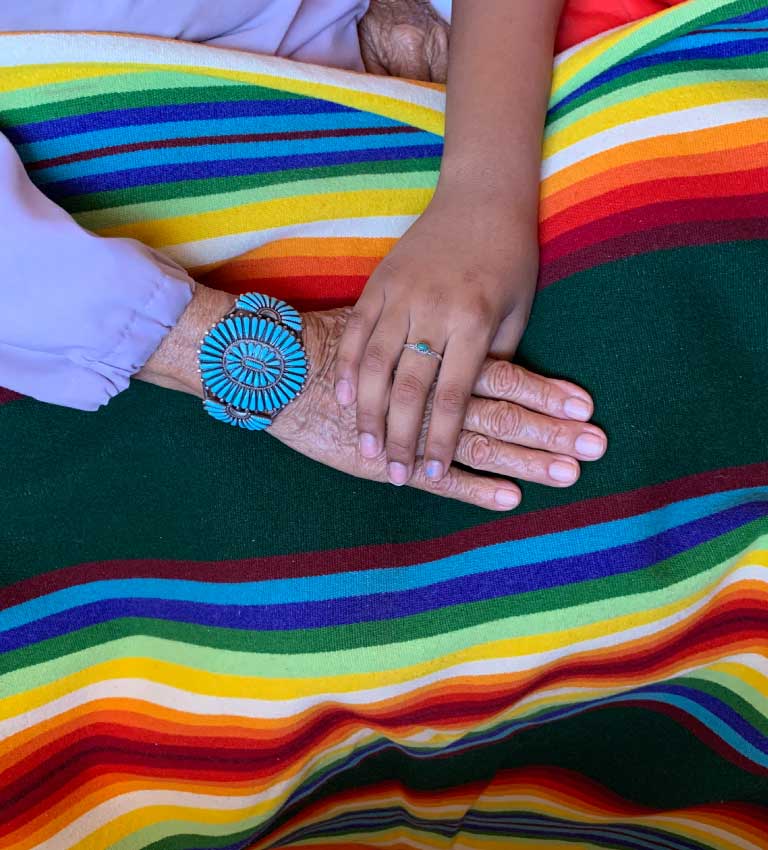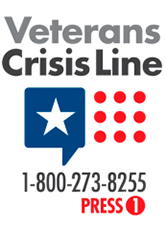Suicide is the second leading cause of death for young people between the ages of 10-24. Sometimes it feels as though your struggle is being underestimated by your age, but we hear you and help is available.

The purpose of the Native Connections Program is to prevent and reduce suicidal behavior and substance abuse, reduce the impact of trauma, and promote mental health among youth up to the age of 24 years. Native Connections goals:

Risk factors are characteristics that make it more likely that someone will consider, attempt, or die by suicide. They cannot cause or predict a suicide attempt, but it is important to be aware of.

Some warning signs may help you determine if a loved one is at risk of suicide, especially if the behavior is new, has increased, or seems related to painful event, loss, or change. If you or some you know exhibits any of these, seek help by calling 988 Suicide & Crisis Lifeline.


Native Connections Program
Community Counseling Center
Located in the HRSA Building
167 North Main Street
P.O. Box 600
Tuba City, AZ 86045



Tuba City Regional Health Care
167 North Main St.
PO Box 600
Tuba City, Arizona 86045
1-866-976-5941
© 2024 Tuba City Regional Heath Care Corporation.
All content on this site is copyrighted by Tuba City Regional Heath Care Corporation.